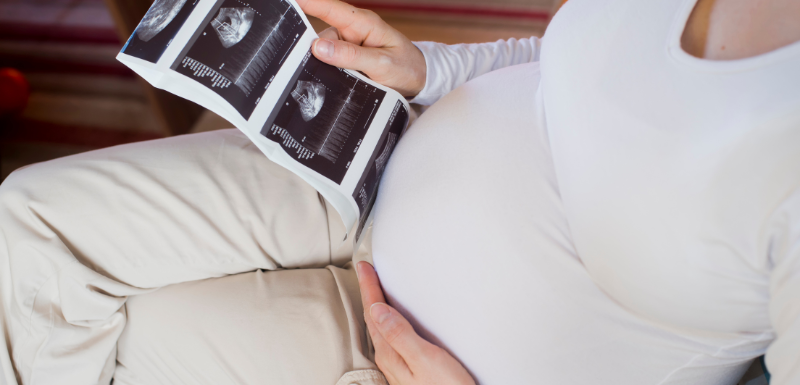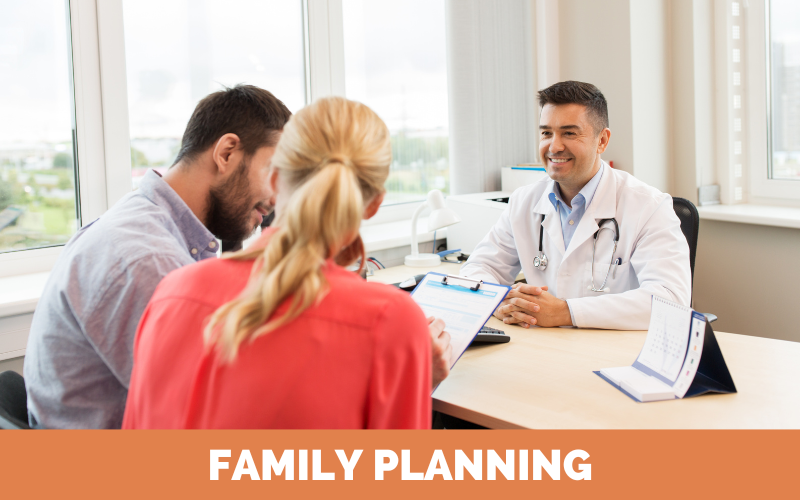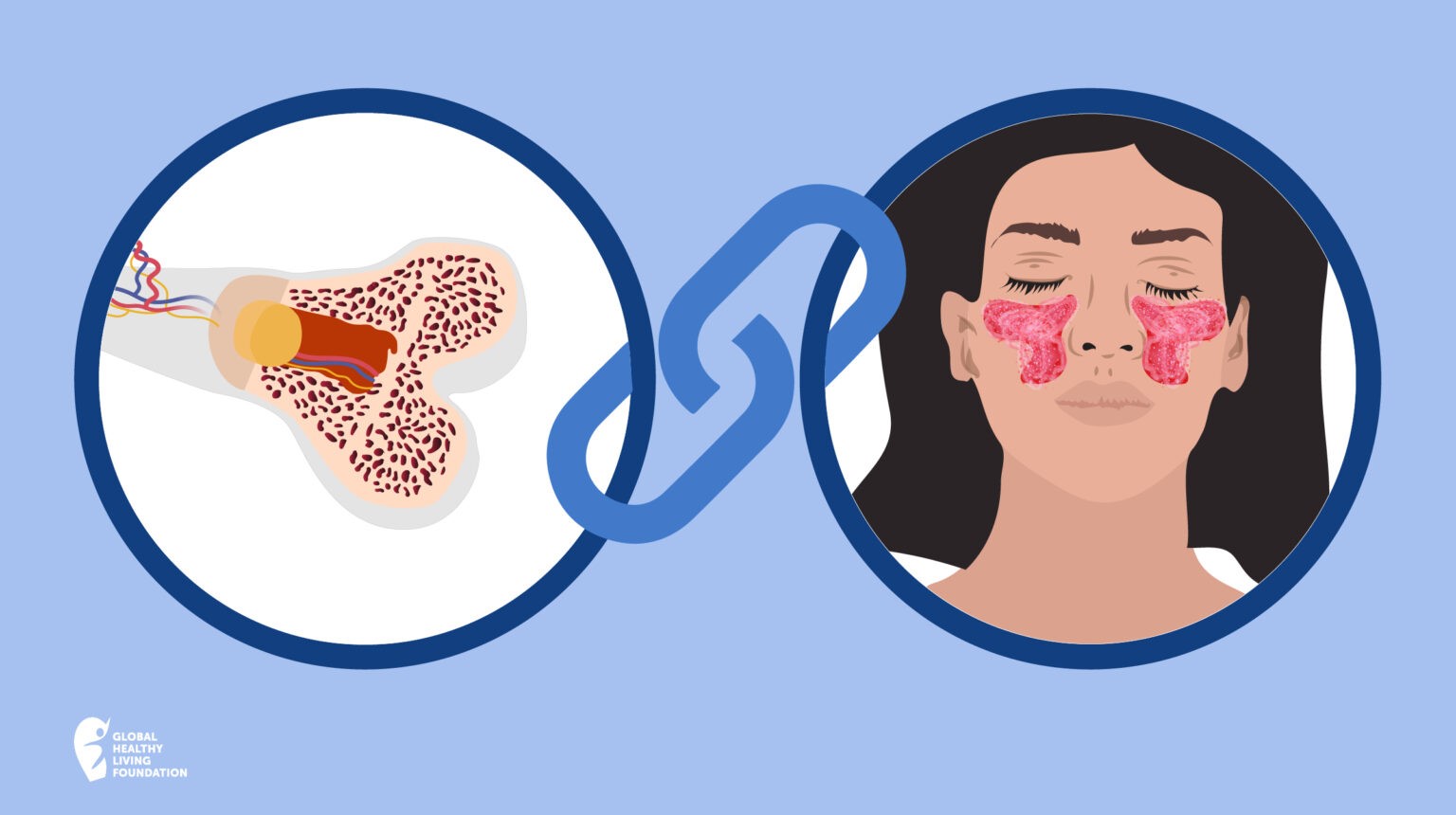Helpful Links
Australian Breastfeeding Association
Australian Government Department of Social Services: Families and Children
Australian Rheumatology Association: Medications and Pregnancy
Australian Rheumatology Association: Pregnancy Prescribing Information
CreakyJoints Australia: Government Support Information
CreakyJoints Australia: Health and Community Services Information
Family Planning Alliance Australia
Healthy Bones Australia: Pregnancy and Bone Health
Musculoskeletal Australia: Personal stories of mothers living with RA
National Disability Insurance Scheme
Occupational Therapy Australia
Pregnancy, Birth & Baby
Raising Children Network: Parent and Family Services
Trans Hub: Pregnancy
Non-binary Pregnancy and Parenting Support: Facebook group
Pregnancy in People with Rheumatic Diseases
If you are pregnant and have a rheumatic disease, open communication with your healthcare team is key. Discover our tips for looking after all your health needs during this precious time.
If you are pregnant and have a rheumatic disease, open communication with your healthcare team is key. After the initial excitement of falling pregnant, worry may creep in when thinking of caring for a baby while you are dealing with a serious illness. Speaking honestly about what specific fears you have can help you plan how to tackle any issues that may come.
In addition to your GP and rheumatologist, your pregnancy medical team will likely include your obstetrician/gynaecologist (ob/gyn), midwives and/or nurses and relevant allied health professionals (such as physiotherapists and occupational therapists).
Some of these people may not have extensive experience with your condition, so it is important you share all relevant details and encourage them to contact your specialist or treating GP if there are any concerns. Although they may not have in-depth knowledge about your illness – it is still very important you feel comfortable and confident they are taking all aspects of your health into account when providing care.

Mental Wellbeing and Pregnancy
It’s also normal during pregnancy to feel irritated, anxious, tired or stressed out. Being pregnant and having a rheumatic disease, with extra medical appointments, tests or concerns can put a strain on your emotions, too. If you feel overwhelmed, talk to your doctors. They may be able to answer questions you have so you feel less confused or scared. They can also refer you to mental health services or counselling if you need it.
Many couples attend prenatal support groups to share their questions or concerns with others in their situation. This can help you relax a bit because you know that you’re not alone and your concerns are normal.
Regular Appointments
How often do you need to see your rheumatologist during your pregnancy? It depends on your condition and if you have any flares during your pregnancy. Your rheumatologist can advise you on how often you will need to come into the office for a check-up.
If you have lupus or are deemed high-risk, you may need to see your rheumatologist more often during your pregnancy. Your ob/gyn should arrange routine ultrasounds at different stages of your pregnancy, with additional ones as needed.
How Pregnancy and Rheumatic Conditions May Affect Each Other
Many people with rheumatic conditions report a feeling of “remission” from their symptoms while pregnant, however, this may not be the case for you. The normal — if unpleasant and inconvenient — symptoms of pregnancy may mimic rheumatic disease symptoms and can even make some joint and muscle problems feel worse, particularly if medications have been stopped.
At your medical appointments during your pregnancy, your GP, rheumatologist or ob/gyn can keep track of your symptoms and assess whether they are due to your rheumatic disease or symptoms of being pregnant. If your disease symptoms flare during your pregnancy, don’t panic! Your rheumatologist can prescribe safe treatments to help you lower your inflammation, control your symptoms and feel better.
Here is a good guide: If your symptoms feel similar to your typical flare, then they probably are from your rheumatic disease. If they feel different from your usual symptoms, then it’s more likely that they are due to pregnancy.
Managing Your Symptoms During Pregnancy
It is best to have a plan worked out with your support and medical team if you do not fall into remission during pregnancy. This will provide confidence and assurance that you are prepared for any bumps along the way. Here are some common symptoms to consider when forming your pregnancy management plan.
- You will gain weight during your pregnancy. Try to keep your weight gain in the range that your ob/gyn has recommended. If you are overweight or obese, talk with your ob/gyn about how much weight you should gain in pregnancy for optimal health. Eat a healthy diet that will nourish both you and your baby.
- Many pregnant people experience constipation or other bowel problems during pregnancy. If this happens to you, talk to your doctor. You may be able to take treatments to improve regularity or change your diet to ease these symptoms. High-fibre foods, plenty of water and regular exercise are healthy ways to promote regularity.
- Weight gain and other normal aspects of pregnancy can make you feel sluggish and tired. Also, as your baby grows, your uterus expands with it. This can put pressure on your spine and back. You may notice back pain, back muscle spasms or numbness and tingling in your legs.
- Make sure that you stick to the physical activity plan that your doctors give you. Your rheumatologist and ob/gyn can create a safe, healthy exercise plan for you to follow during your pregnancy. They can also refer you to pregnancy exercise classes or therapists that can guide your physical activities. Other therapies you could try include pregnancy massage therapy, hydrotherapy or acupuncture.
- The muscles you use to breathe push upward as your baby grows in your uterus. You may notice shortness of breath at times. Talk to your rheumatologist or ob/gyn if you are concerned about shortness of breath or dizziness.
- Joint pain and pressure on joints may increase. As you gain weight during pregnancy or retain more fluid, joints like your knees, ankles and feet may ache due to this increased pressure. You may notice joint pain when you walk up and down stairs or move around. If you notice any severe swelling, tell your doctor right away.
- Use the same joint protection techniques you always use to prevent pain and injuries: range-of-motion exercises, good posture, hot or cold packs on sore joints, good sleep habits or splints or assistive devices if you need support. Wear comfortable, supportive footwear to prevent slips or falls.
Assistive technologies that may help you include:
- Adjustable ergonomic furniture, including tilt chairs and footrests.
- TENS machines or handheld electric massagers (there has been some past concern regarding TENS machines in early pregnancy – always consult your GP when in doubt).
- Pregnancy pillows to assist sleep positioning.
- Bed “grab” rails, shower seats or other disability aids.
You may like to consult an occupational therapist to get advice on assistive technologies and other interventions that could help you feel more comfortable during pregnancy and postpartum.
Giving Birth
Depending on your physical limitations, you may not be able to give birth in the typical position. Talk to your ob/gyn or midwife about alternate positions that could be possible so that you can communicate this to the labour team in advance. You may need to consider a caesarean section if natural birth is not possible — again to be discussed in advance with your team.
Be prepared that not everyone present at the birth will have a complete understanding of your condition. So, ensure you communicate clearly about any additional requirements you need, such as additional pain relief from staff or things like pillows, massages or emotional support from loved ones. If you are uncomfortable expressing this directly, you may want to nominate one of your core support team who will be present at the birth to communicate clearly for you on the day.
Disclaimer: This information should never replace the information and advice from your treating doctors. It is meant to inform the discussion that you have with healthcare professionals, as well as others who play a role in your care and well-being.
*In this article, the terms “you” and “your” refer to pregnant people and their partners (if applicable).








